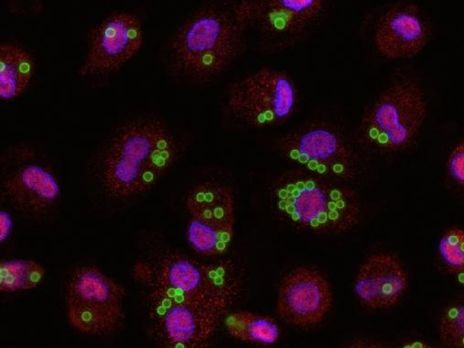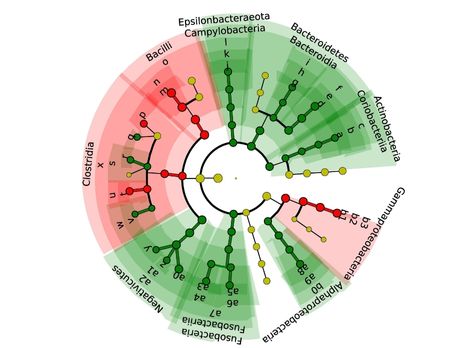Scientific Highlights
Scott J*, Valero C*, Mato-López A, Donaldson I, Roldán A, et al. 2023. Aspergillus fumigatus can display persistence to the fungicidal drug voriconazole. Microbiology Spectrum 11: e04770-22 https://doi.org/10.1128/spectrum.04770-22. *joint first author
Sueiro-Olivares M, Scott J, Gago S, Petrovic D, Kouroussis E, et al. 2021. Fungal and host protein persulfidation are functionally correlated and modulate both virulence and antifungal response. PLOS Biology 19: e3001247 https://doi.org/10.1371/journal.pbio.3001247.
Scott J and Amich J. 2021. Primary Metabolism of Human Pathogenic Fungi, Importance for Virulence and Potential for Drug Development. Reference Module in Biomedical Sciences 1:377-407 https://doi.org/10.1016/B978-0-12-818731-9.00059-8.
Scott J, Sueiro-Olivares M, Thornton BP, Owens RA, Muhamadali H, et al. 2020. Targeting Methionine Synthase in a Fungal Pathogen Causes a Metabolic Imbalance That Impacts Cell Energetics, Growth, and Virulence. mBio 11: e01985-20 https://doi.org/ 10.1128/mBio.01985-20.
Scott J, Sueiro-Olivares M, Thornton BP, Owens RA, Muhamadali H, et al. 2019. Pseudomonas aeruginosa-Derived Volatile Sulfur Compounds Promote Distal Aspergillus fumigatus Growth and a Synergistic Pathogen-Pathogen Interaction That Increases Pathogenicity in Co-infection. Frontiers in Microbiology 10: 2311 https://doi.org/10.3389/fmicb.2019.02311.











